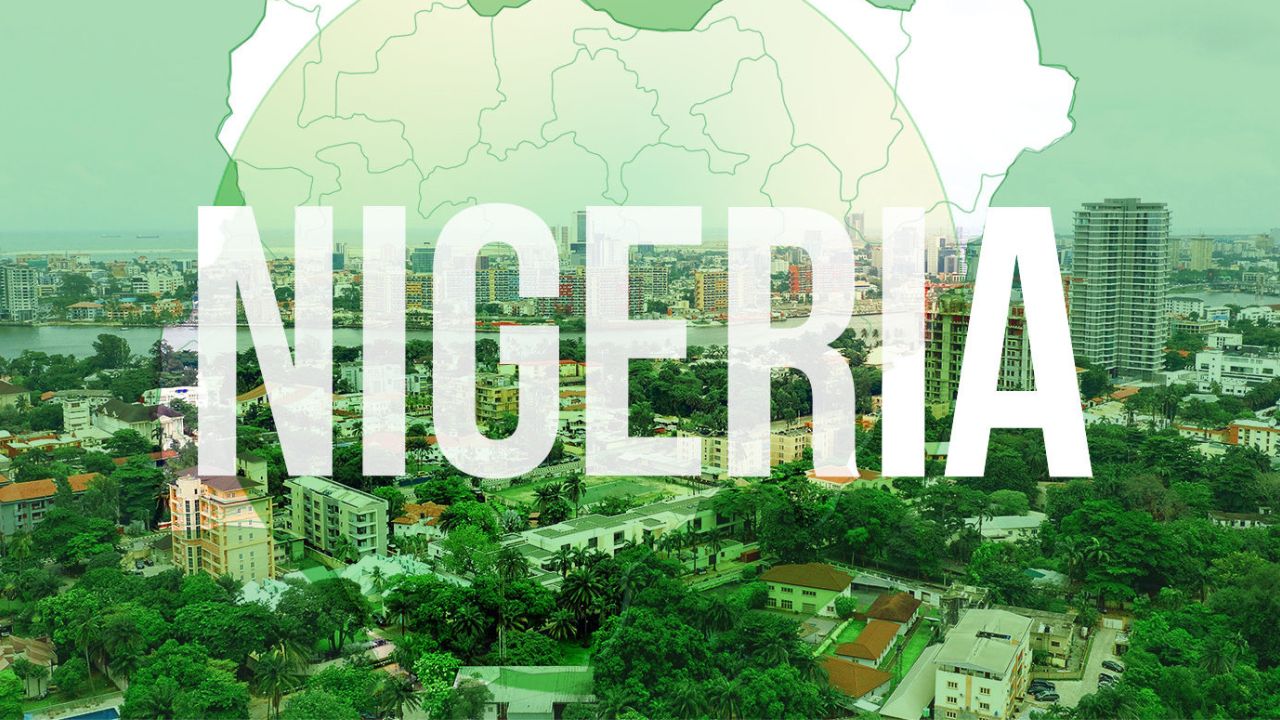
Trump Threatens 10% Tariff on Nigeria Over BRICS Alliance Ties
Washington, D.C. / Rio de Janeiro United States President Donald Trump has warned that countries aligning with the BRICS alliance could face an extra 10% tariff on their goods. This includes Nigeria, which recently became one of BRICS’ newest partner countries.
President Trump made this announcement on his social media platform, Truth Social, where he said:
“Any country aligning themselves with the anti-American policies of BRICS will be charged an ADDITIONAL 10% tariff. There will be no exceptions to this policy.”
Trump has been a long time critic of BRICS, a group made up of Brazil, Russia, India, China, and South Africa, which he believes is working against the United States’ global interests.
In January 2024, Nigeria joined eight other countries including Belarus, Bolivia, Cuba, Kazakhstan, Malaysia, Thailand, Uganda, and Uzbekistan as a partner country in BRICS, under a new category created at the 16th BRICS Summit.
Now, President Bola Ahmed Tinubu is attending the 17th BRICS Summit in Rio de Janeiro, Brazil, at the invitation of Brazilian President Luiz Inácio Lula da Silva.
At the summit on Saturday, Tinubu called for more global attention on issues such as climate change, environmental degradation, and healthcare inequality, which he said are slowing down growth and development in many countries, especially in Africa.
He also expressed Nigeria’s support for the BRICS goal of fair and equal development for all nations.
The United States had earlier set a July 9 deadline for countries to agree to new trade deals. However, U.S. officials say that new tariffs will begin on August 1 if no agreements are reached.
President Trump also stated that he would soon begin sending official letters to countries involved, informing them of the new tariff rates that will apply.
Since returning to office in January, Trump has introduced several new import tariffs, arguing that they will help protect American jobs and boost the U.S. economy.
In April, on what he called “Liberation Day,” he announced high tariffs, some up to 50% on goods from various countries. However, he delayed full implementation to allow for three months of negotiations ending on July 9.
So far, the United States has only finalized new trade deals with the United Kingdom, Vietnam, and reached a partial agreement with China.
If Nigeria continues to deepen its relationship with BRICS without reaching a separate agreement with the U.S., it may face higher import taxes on Nigerian goods going to America, starting in August.
The move could affect Nigeria U.S. trade relations, and may also put pressure on other countries considering closer ties with BRICS.
As global tensions grow around trade and alliances, Nigeria must now navigate its diplomatic and economic path carefully balancing its economic ambitions with BRICS and its long standing trade ties with the United States.










